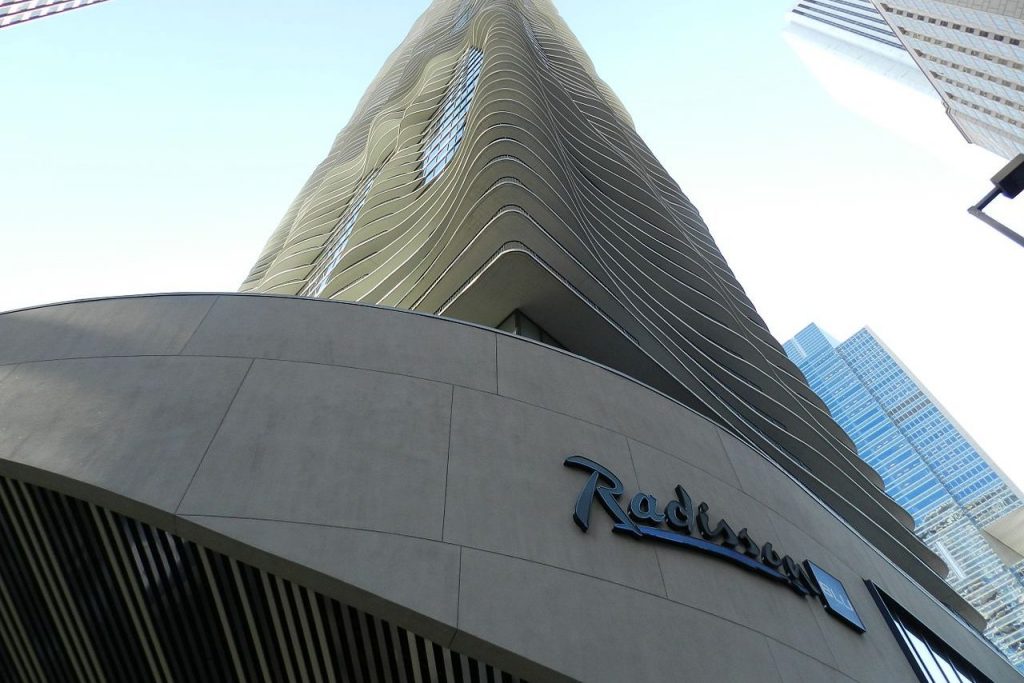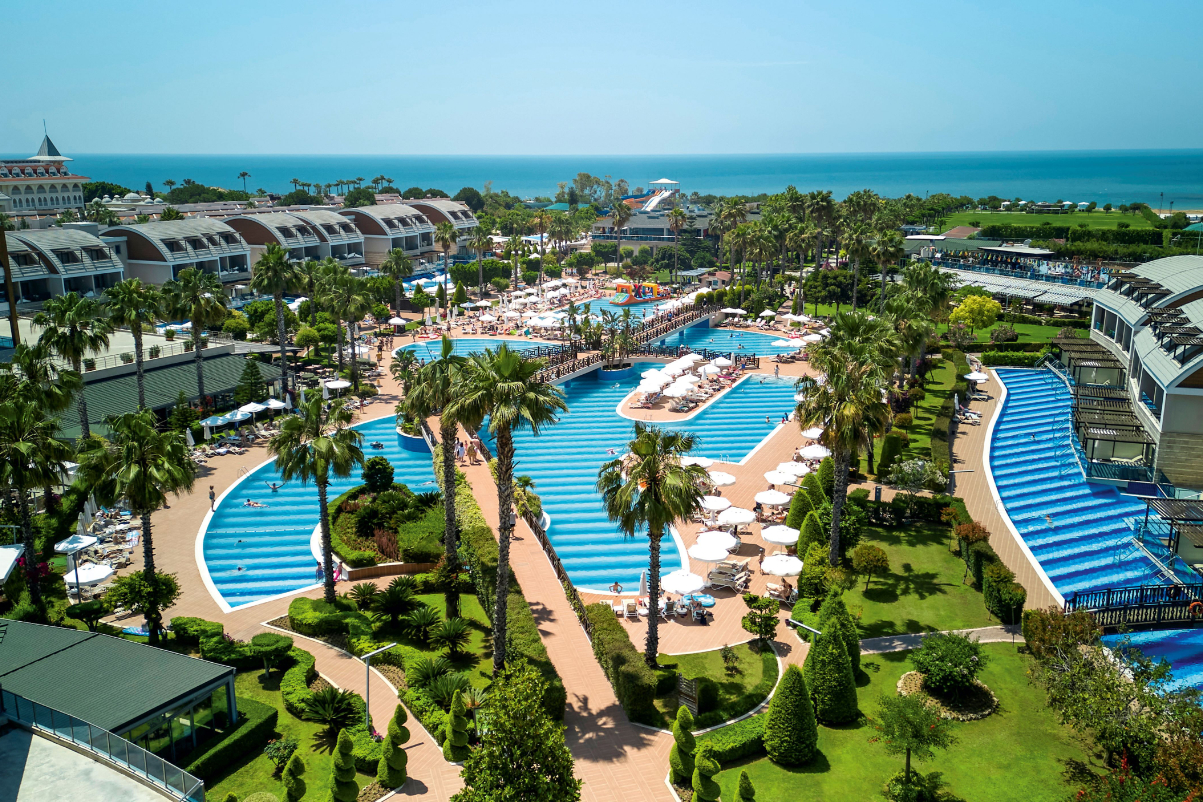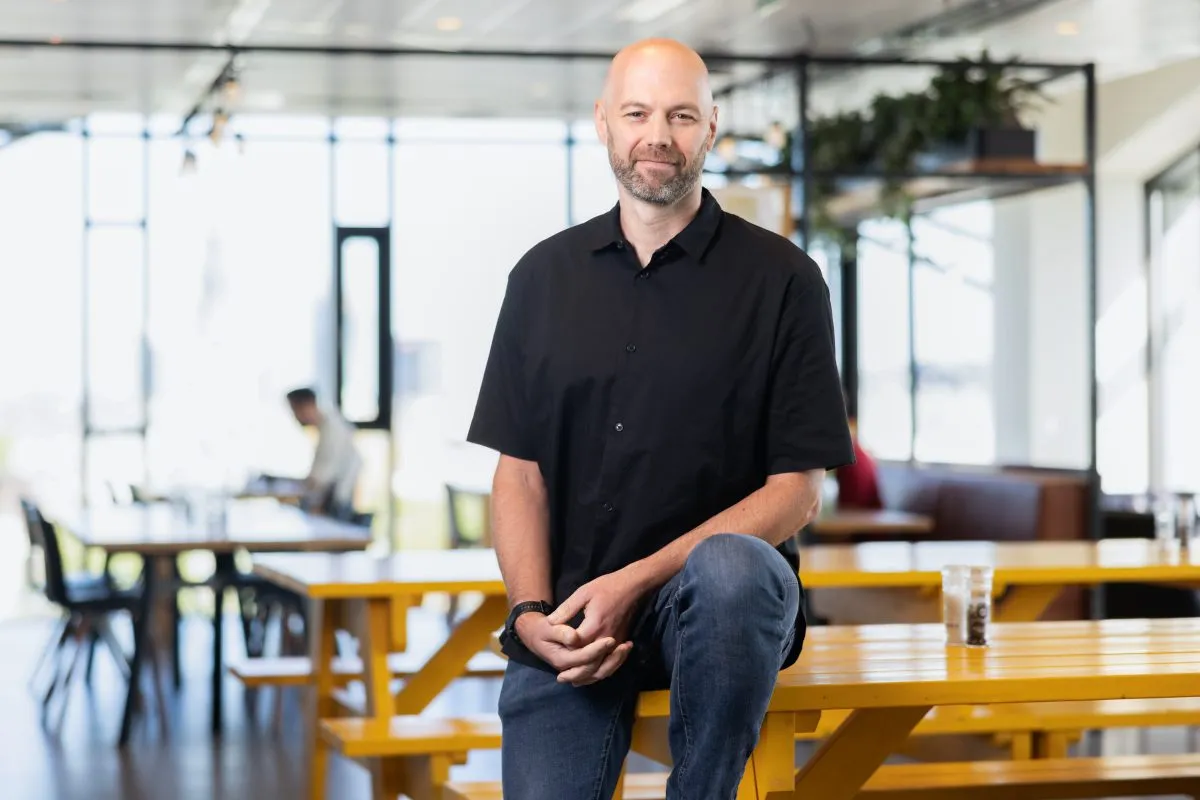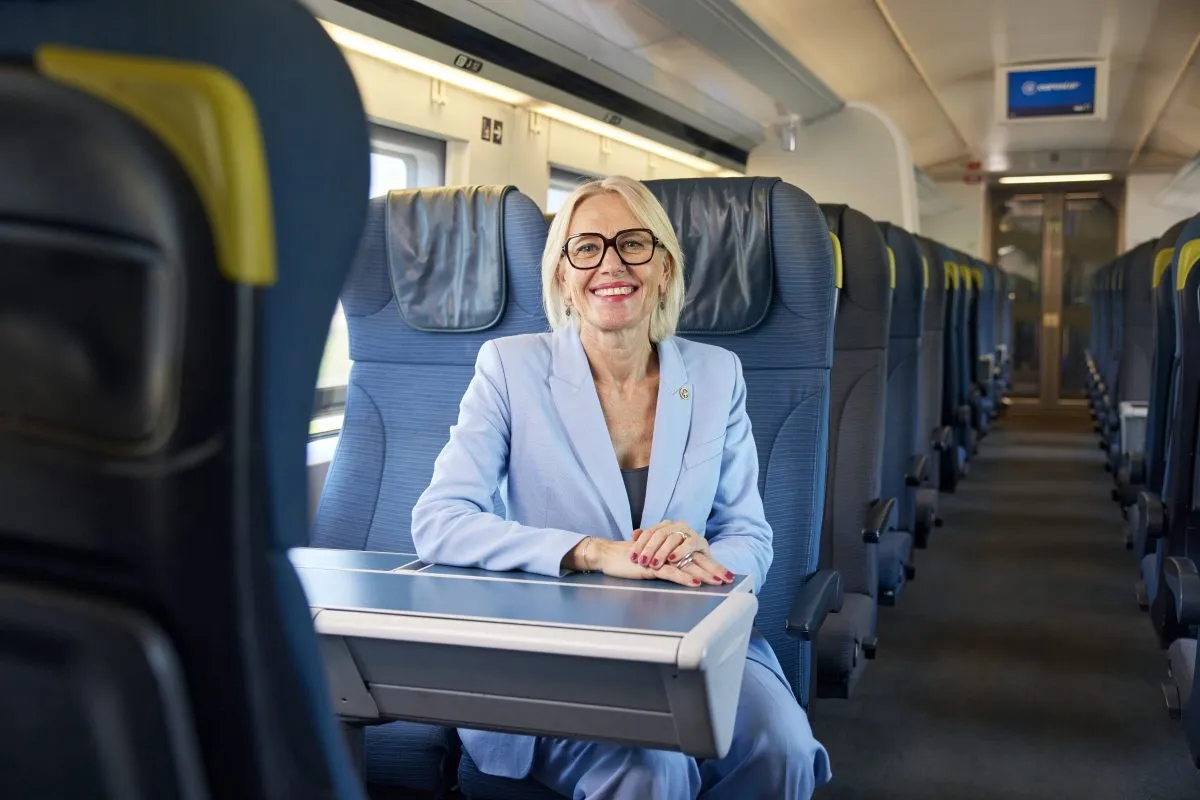Hotels Elevate Brand Strategy With New Mantra: Eat or Be Eaten

Skift Take
A tight lending market in the U.S. may deter ground-up hotel construction projects, but that isn’t stopping hotel executives from a game of musical chairs with various hotel brands.
Conversions, a deal where a hotel company gets the owner of an existing hotel to switch brand affiliation, are a major source of growth in a downturn. Publicly traded hotel companies need to show growth to shareholders, so conversions typically pick up the slack when new-build construction is harder to come by.
This often means smaller players become the prey.
“We’re under assault from our competitors, as everyone is,” Radisson Hotels Americas CEO Jim Alderman said in an interview with Skift this week at the 2021 Americas Lodging Investment Summit. “This is a very, very, very competitive business. It’s a very insular business. Almost everyone at one company selling franchises has worked for one of the other companies selling franchises, so you know everyone's clients.”
Marriott, Hilton, Hyatt, IHG, Choice Hotels, and Wyndham are publicly traded giants that have all licked their chops over the last 16 months around the idea they could get hotel owners to either drop their independent status or ditch an existing brand agreement in favor of one of their own.
Brand conversions accounted for nearly a quarter of rooms growth at Hilton in the first quarter. They represented 70 percent of Wyndham’s first quarter hotel openings. Thirty-one percent of the more than 23,500 hotel rooms Marriott added to its portfolio in the first quarter came from conversions — the highest rate the company saw for this kind of deal in six years.
“Conversions have been and will continue to be a significant priority for our transaction teams around the world, and I think it's in many ways the one silver bullet we have to offset the impact of ongoing construction delays,” Marriott CEO Anthony Capuano said on an investor call earlier this year.
It’s not even a conversation limited to the U.S. IHG CEO Keith Barr in February noted roughly 60 percent of the hotels across the Middle East and Southeast Asia are independent, which presents a major opportunity to negotiate with those owners to take on a brand affiliation.
“Conversion is the biggest word you’ll hear at the conference,” Capuano said Monday during a breakfast with reporters at the lodging summit.
A 'Soft' Conversion
Major hotel companies have found a new way in recent years to woo hotel owners, particularly independent operators, into a conversion deal. Soft brands, those without a singular name or brand standards around design or amenities, are a relatively new tool in the conversion playbook.
Marriott has the Luxury and Autograph Collections. Hilton has soft brands like the Curio Collection and Tapesty Collection. Choice Hotels has the Ascend Hotel Collection. Soft brands offer owners more autonomy around design decisions than would be allowed under a hard brand like Sheraton or Hyatt Regency.
But behind all the corporate chatter of greater distribution and quasi-independence with soft brands is just another growth tactic for a publicly traded company.
“When you hit a period where new construction is going to be challenged because everything is expensive — land is expensive, construction is expensive, banks are not lending at this point — that pipeline dries up,” BWH Hotel Group CEO David Kong said this week in an interview with Skift. “What do you do when it's earnings time? You’ve got to bring in these conversions.”
Defend Your Turf
Smaller players aren’t necessarily sitting back and letting their owners get away.
Best Western has added a mix of boutique and lifestyle brands like Aiden in recent years to have more options within its portfolio for owners, including potential conversions. The company also purchased the WorldHotels Collection in 2019, which gave the company a higher-end platform.
Companies like South Korea-based Lotte Hotels & Resorts woo potential owners by offering lower costs involved in a brand deal.
“It’s a bit of a double-edged sword to a certain degree, but we don’t have some of the inherent infrastructure costs that the big boys pass on to owners,” Jim Petrus, CEO of Lotte’s Americas division, told Skift this month. “That’s the model that they follow, and they’ve been successful at that. Our angle will be a little bit different, and our costs will be less than the other guys on the block. Quite honestly, you need to do that because you need to give people a reason to consider you and to think about your brand as an option.”
Franchisee retention is top of mind at Radisson, Alderman said. But so is growth beyond its existing footprint. Two new brands are expected to be announced by February, and Alderman sees plenty of growth opportunities ahead despite all the competition.
The company’s namesake brand alone could grow to ten times its current size, Alderman said. Country Inn & Suites could triple its footprint.
“It’s to get us into more markets,” Alderman said of the Radisson growth targets and planned brand expansion. “There are still places where we’re not and where we need to be.”




